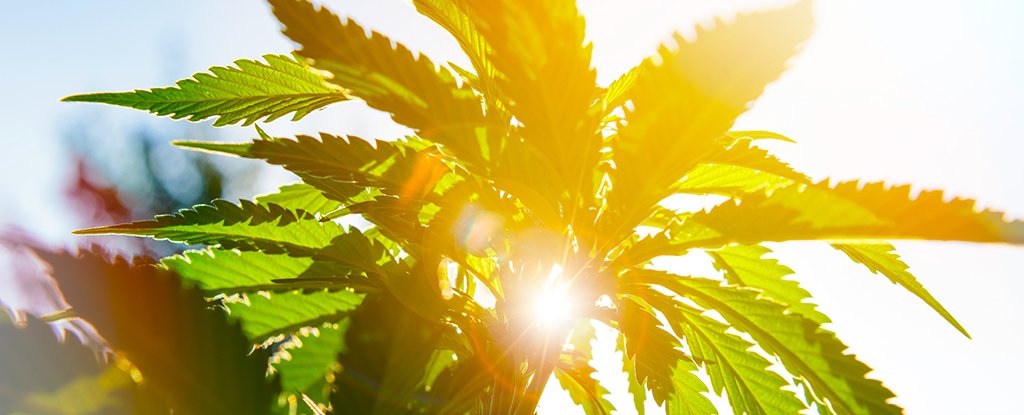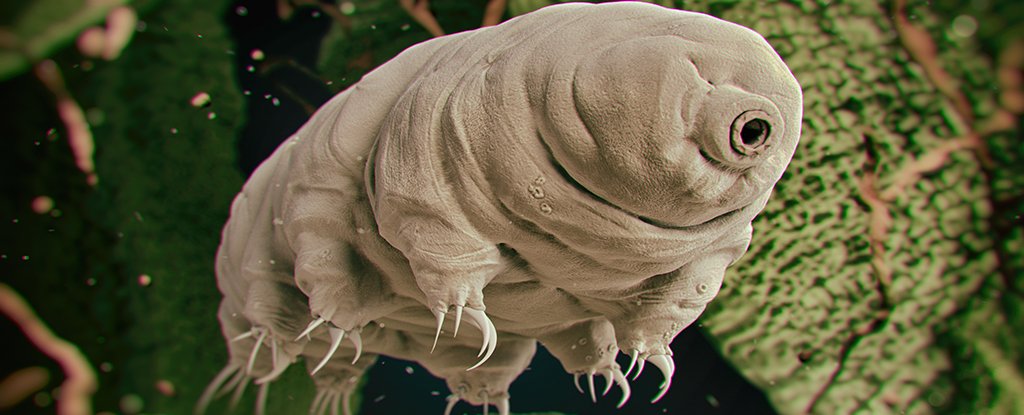People who are pregnant or breastfeeding should be warned that using cannabis in any way, shape, or form has the potential to negatively impact their developing child.
A new, preclinical study on rats spotlights the possible dangers of managing morning sickness or other symptoms of pregnancy with products containing either THC (Δ9-tetrahydrocannabinol) or CBD (cannabidiol).
Researchers at the University of Western Ontario and Queen’s University in Canada found rats that are regularly exposed to THC and CBD while still in the womb show significant changes to their development, even when the chemicals are administered without any additional compounds commonly found in cannabis.
THC is the more psychoactive of cannabis’s mix of plant molecules. Concerningly, the cannabinoid can cross the placenta into fetal circulation in similar concentrations to what is seen in the blood of the mother. As early as 14 weeks, the human fetus possesses neural receptors for cannabinoids.
CBD is another major compound in cannabis. It is widely accessible and considered harmless by many, yet few studies have investigated whether it is safe for use during pregnancy.
While CBD doesn’t deliver an intoxicating ‘high’, the compound has its own effects on the body. And, like THC, it can also readily cross the placenta in rodent studies, where it seems to impair the shape and function of the organ.
In the current study, researchers investigated both compounds. For nearly an entire pregnancy, rat mothers were given daily doses of THC, CBD, or a combination of both compounds.
The pups that were exposed to a low dose of THC had a reduced birth weight compared with control mice, as did pups exposed to CBD while in the womb. Rat offspring exposed to THC and CBD together were born with even lower body and brain weights.
While growth rates had recovered by adolescence, some of the pups went on to show behavioral changes and disrupted neuronal activity in certain brain regions.
The findings support human health studies that have linked cannabis exposure in pregnancy to low birth weight, cognitive and behavioral changes, and a higher risk of neuropsychiatric disorders.
“Marjiuana has been legalized in Canada and in many states in the US, however, its use during pregnancy has not been well studied up until this point,” says David Natale from Queens.
“This study is important to support clinicians in communicating the very real risks associated with cannabis use during pregnancy.”
In the US, 24 states have legalized cannabis for recreational use, and some surveys suggest the drug has doubled in popularity among those who are pregnant, who often use it to treat mood, morning sickness, pain, or sleep issues.
The US Surgeon General, the American College of Obstetricians and Gynecologists, and the American Academy of Pediatrics all agree that in the absence of further evidence, cannabis use of any kind during pregnancy is inadvisable.
Nevertheless, many women remain unaware of the possible risks.
An experiment on rats isn’t enough to prove once and for all that cannabis use during pregnancy is dangerous, but it does provide insight into some of the concerning associations researchers are finding in epidemiological studies.
In the current research, male rat offspring that were exposed to THC in the womb were the only ones to exhibit impaired cognitive behavior in adolescence.
Female offspring exposed to THC in the womb showed typical neurological outcomes and almost a “complete lack of molecular changes”, researchers say.
When mice were exposed to CBD on its own, however, it had a surprising impact on later brain development. In adolescence, both male and female mice exposed to CBD showed signs of neuropsychiatric issues.
Female offspring exposed to prenatal CBD alone and CBD and THC together displayed anxiety-like behavior in tests. Whereas male offspring exposed to THC and CBD, showed impulsivity-like behaviors.
“In contrast to the popular belief that CBD is safe for use in pregnancy, CBD alone produced distinct long-term neuropsychiatric effects and did not mitigate the consequences of prenatal THC,” write the authors of the study.
Given how popular CBD and THC products have recently become, these findings emphasize the need for more rigorous research on cannabis use during pregnancy, and its possible impacts on a developing fetus.
The study was published in Neurobiology of Disease.





